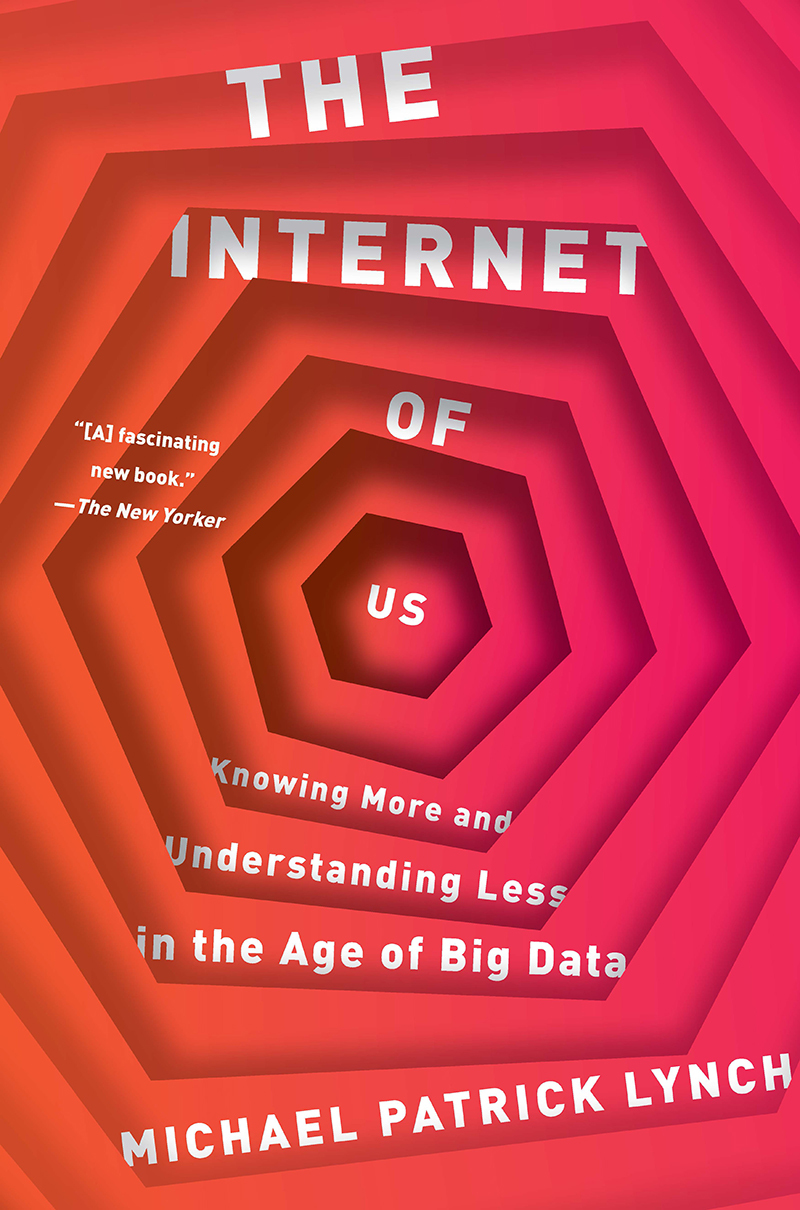What do you think?
Rate this book


256 pages, Paperback
First published March 21, 2016

“Interaction with the world brings with it an understanding of how and why things happen physically that no online experience can give. And it is why so many of us who use Facebook are still troubled by its siren song: it is a simulacrum of intimacy, a simulacrum mutual understanding, not the real thing” (p. 16)
“That raises a question: if the Internet is available to you at the blink of an eye—and available in a way that seems like memory—then what are we testing for when giving exams? What, in general, is the point of higher education in the age of big data?” (p.149)